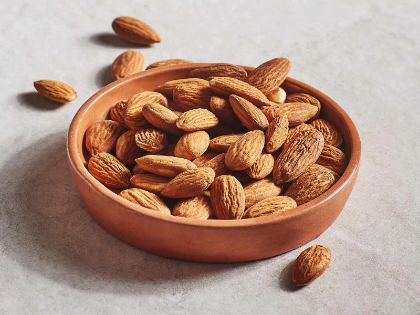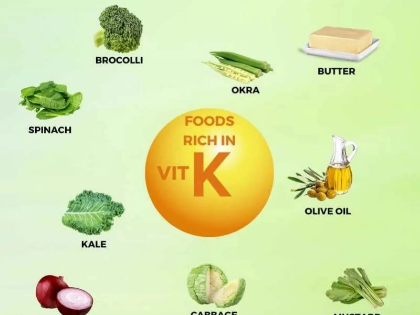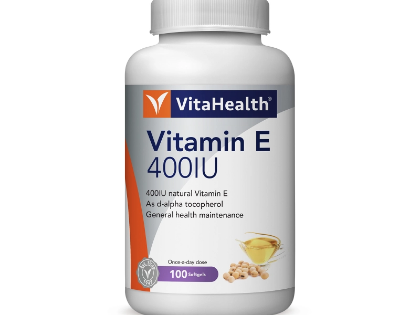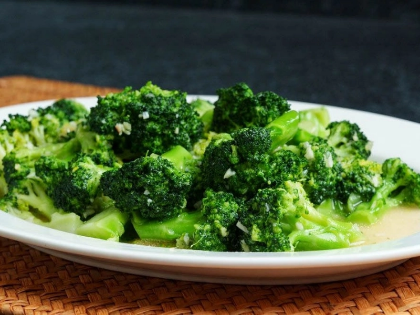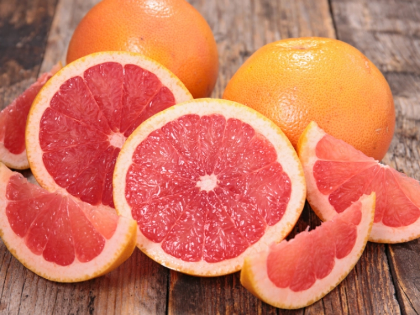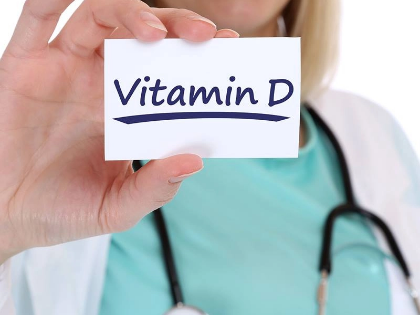Vitamin C and Weight Loss: Supporting Your Fitness Goals
1. Vitamin C, sometimes referred to as ascorbic acid, is an essential nutrient with many functions in the body. It's an antioxidant meant to guard against free radical damage to cells. Furthermore, crucial for the creation of collagen, which supports skin health, wound healing, and the preservation of connective tissue integrity, is vitamin C. Beyond these uses, vitamin C is becoming more and more important for helping to promote exercise objectives and control weight.
2. Using Vitamin C to Increase Metabolism Improved metabolism is one way vitamin C can help with weight loss. According to certain research, enough vitamin C can help maximize fat oxidation during exercise, therefore improving the body's efficiency in using fat as an energy source. Those trying to lose weight or raise their degree of fitness may especially benefit from this method. Vitamin C helps support metabolic activities, thereby enabling a more efficient exercise program and assisting people in reaching their weight loss targets.
3. Minimizing Wearyness and Boosting Exercise Performance Reducing tiredness and enhancing general exercise performance depend on vitamin C in great part. Intense exercise can cause oxidative stress on the body, which causes tiredness and poorer performance. Vitamin C is an antioxidant that helps fight oxidative damage so people may train longer and harder. Greater calorie burning resulting from better exercise performance is crucial for weight loss. Including vitamin C in the diet could help people find they can power through workouts more successfully.

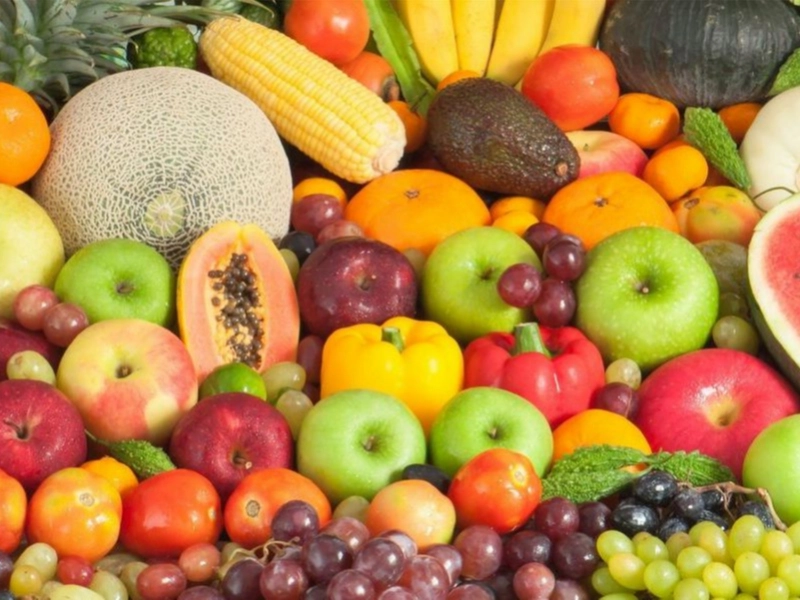 5. Foods High in Vitamin C for Weight Loss Including foods high in vitamin C in the diet can be rather tasty as well as help with weight loss. Perfect sources of vitamin C are citrus fruits, including lemons, grapefruits, and oranges. Other foods that offer significant levels are strawberries, kiwi, and pineapple. Low in calories and high in vitamin C, vegetables such as bell peppers, broccoli, and Brussels sprouts are perfect for diets aiming at weight loss. These foods will help people boost their vitamin C consumption while still savoring a range of tastes by including them in meals and snacks.
5. Foods High in Vitamin C for Weight Loss Including foods high in vitamin C in the diet can be rather tasty as well as help with weight loss. Perfect sources of vitamin C are citrus fruits, including lemons, grapefruits, and oranges. Other foods that offer significant levels are strawberries, kiwi, and pineapple. Low in calories and high in vitamin C, vegetables such as bell peppers, broccoli, and Brussels sprouts are perfect for diets aiming at weight loss. These foods will help people boost their vitamin C consumption while still savoring a range of tastes by including them in meals and snacks.
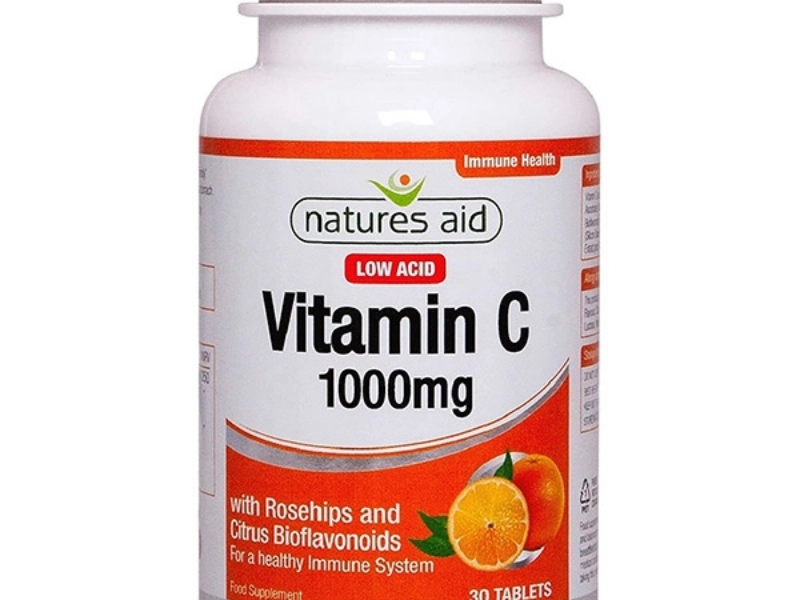 6. The Relationship Between Weight Gain and Stress A significant obstacle to weight loss, stress typically results in poor eating patterns and weight gain. By controlling cortisol levels—the hormone connected with stress—vitamin C can help to lessen its effects. Increased appetite and desires for unhealthy foods brought on by high cortisol levels can complicate weight reduction. Ensuring enough vitamin C intake helps people better control stress, which can encourage improved eating habits and aid in weight loss.
7. Value of a balanced diet Although vitamin C can help with weight loss, it is still crucial to keep in mind that it should be included in a balanced diet. For weight loss, depending just on vitamin C is ineffective; rather, it should be coupled with other elements from entire foods. A diet high in fruits, vegetables, lean proteins, and whole grains will supply the essential nutrients to promote general health and weight control. Vitamin C can improve this balanced approach and help you meet fitness objectives.
8. Should supplements be necessary? Although food sources are the best sources of vitamins and minerals, some people should think about using vitamin C pills, especially if they have dietary restrictions. Before beginning any supplements, though, you should see a healthcare provider. Most people find that a well-balanced diet high in fruits and vegetables supplies enough vitamin C for both weight loss support and general health. Though they could be helpful in particular situations, supplements should not replace a good diet.
9. Dehydration and Its Part in Weight Loss Another absolutely vital component of weight loss that complements vitamin C is hydration. Many meals heavy in vitamin C, such as fruits and vegetables, contain high water content, which helps one stay hydrated. Optimal metabolism depends on staying well-hydrated, which also helps regulate hunger and makes following a weight loss program more manageable. Including foods high in vitamin C into a hydration plan can improve general health and help toward fitness objectives.
10. Synopsis of Vitamin C's Effect on Weight Loss One strong nutrient that can help with weight loss and exercise objectives in several ways is vitamin C. Its advantages are many, from increasing metabolism and enhancing exercise performance to supporting immunological function and stress management. Including foods high in vitamin C into a balanced diet helps people improve their weight loss efforts and yet have a range of great choices. Accepting the part vitamin C plays in a whole approach to health will help one achieve successful and long-lasting weight loss.
6. The Relationship Between Weight Gain and Stress A significant obstacle to weight loss, stress typically results in poor eating patterns and weight gain. By controlling cortisol levels—the hormone connected with stress—vitamin C can help to lessen its effects. Increased appetite and desires for unhealthy foods brought on by high cortisol levels can complicate weight reduction. Ensuring enough vitamin C intake helps people better control stress, which can encourage improved eating habits and aid in weight loss.
7. Value of a balanced diet Although vitamin C can help with weight loss, it is still crucial to keep in mind that it should be included in a balanced diet. For weight loss, depending just on vitamin C is ineffective; rather, it should be coupled with other elements from entire foods. A diet high in fruits, vegetables, lean proteins, and whole grains will supply the essential nutrients to promote general health and weight control. Vitamin C can improve this balanced approach and help you meet fitness objectives.
8. Should supplements be necessary? Although food sources are the best sources of vitamins and minerals, some people should think about using vitamin C pills, especially if they have dietary restrictions. Before beginning any supplements, though, you should see a healthcare provider. Most people find that a well-balanced diet high in fruits and vegetables supplies enough vitamin C for both weight loss support and general health. Though they could be helpful in particular situations, supplements should not replace a good diet.
9. Dehydration and Its Part in Weight Loss Another absolutely vital component of weight loss that complements vitamin C is hydration. Many meals heavy in vitamin C, such as fruits and vegetables, contain high water content, which helps one stay hydrated. Optimal metabolism depends on staying well-hydrated, which also helps regulate hunger and makes following a weight loss program more manageable. Including foods high in vitamin C into a hydration plan can improve general health and help toward fitness objectives.
10. Synopsis of Vitamin C's Effect on Weight Loss One strong nutrient that can help with weight loss and exercise objectives in several ways is vitamin C. Its advantages are many, from increasing metabolism and enhancing exercise performance to supporting immunological function and stress management. Including foods high in vitamin C into a balanced diet helps people improve their weight loss efforts and yet have a range of great choices. Accepting the part vitamin C plays in a whole approach to health will help one achieve successful and long-lasting weight loss.
